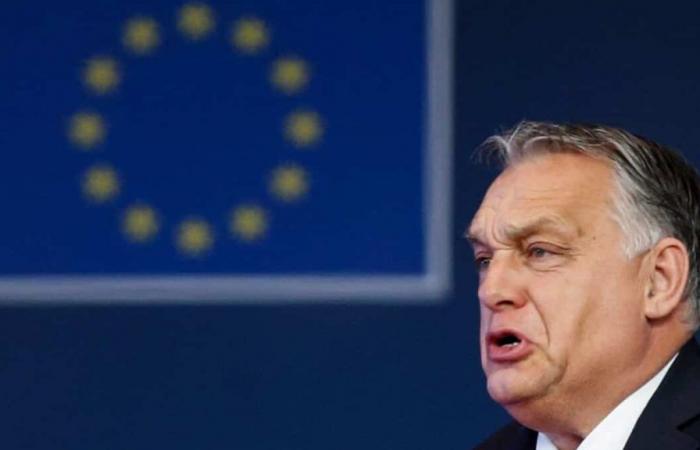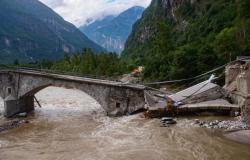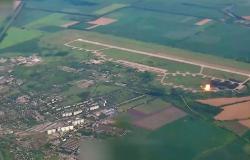Hungarian Prime Minister Viktor Orban is making his first visit to Ukraine since the start of the Russian invasion on Tuesday, despite high tensions over his closeness to Moscow and his opposition to aid for Kyiv.
• Read also: Orban’s Eurosceptic Hungary takes over EU presidency
• Read also: Trump ‘won’t give a cent’ to Ukraine, Orban says
The nationalist leader “arrived in Kyiv for talks with Ukrainian President Volodymyr Zelensky,” his press secretary Bertalan Havasi was quoted as saying by the national news agency MTI.
Above all, it is about discussing “the possibility of achieving peace,” he added.
Viktor Orban, whose country has just taken over the rotating presidency of the Council of the European Union for six months, stands out clearly from other Western leaders on Ukraine.
For example, he regularly blocks military aid to Ukraine, which is extremely valuable for Kyiv, and continues to call for a ceasefire.
At the beginning of the year, he had vetoed a 50 billion euro package. This was finally validated, but with a delay denounced by Ukrainian officials.
The Eurosceptic leader, in power without interruption since 2010, had also fiercely opposed any discussion of EU membership for Ukraine, judging that the country was not ready.
He had finally agreed to leave the summit table of the leaders of the Twenty-Seven last December, the time for his 26 counterparts to decide to open accession negotiations with Kyiv.
On Monday, President Zelensky extended his “congratulations” to Hungary on the start of its EU presidency. He expressed hope that the country would promote “common European values, goals and interests.”
Old quarrel
Viktor Orban has remained close to Russia and its president Vladimir Putin, with whom the West has cut ties since the start of the war in Ukraine.
Against the tide, he is strengthening his country’s political and economic ties with the Kremlin. Russia remains a key source for the Central European country’s energy needs.
The Hungarian leader also disapproves of the European sanctions voted against Russia and is trying to soften them, without however blocking them entirely.
He has repeatedly called the Russian invasion of Ukraine a “military operation,” using a euphemism imposed by the Kremlin to avoid talking about war.
Viktor Orban also met Vladimir Putin in Beijing in October 2023 to discuss energy cooperation.
Conversely, his relations with Volodymyr Zelensky are very cool.
The Hungarian prime minister even classified the Ukrainian leader among his “opponents” during a speech after his re-election in 2022.
Volodymyr Zelensky, for his part, had denounced in the first days of the war the lack of support from Viktor Orban.
They nevertheless met on several occasions, notably at the end of June, during a summit of the European Council in Brussels.
In December, the two also had a highly scrutinized exchange during the inauguration of Argentine President Javier Milei.
Footage posted online showed what appeared to be a tense conversation, with Zelensky calling the exchange “frank.”
A meeting between the two leaders had been under discussion for several months, according to statements by Ukrainian officials.
Their respective foreign ministers met at the end of January to prepare for an interview between their leaders.
The dispute between the two countries is not new and diplomatic relations had already deteriorated before the invasion, because Ukraine has adopted a series of controversial measures since 2017, notably on the teaching of the Ukrainian language.
More than 100,000 Magyars live in Transcarpathia, a region in the far west of Ukraine that was under the control of Budapest until World War I.
Hungary, which shares a border with Ukraine, has also taken in far fewer refugees than most EU members.






